Structural Rigging Engineer
About This Job
The Structural Rigging Engineer is responsible for designing, analyzing, and evaluating rigging systems, new and existing structural systems, and crane loading used to lift and move heavy structures safely. This role requires a solid understanding of structural and mechanical engineering principles, load calculations, and industry regulations. The engineer collaborates with project teams to develop safe, efficient rigging plans and ensures compliance with safety standards.
•
Design and develop rigging plans and lift studies for heavy lifting operations, including crane operations, hoisting systems, and specialized rigging equipment.
•
Perform structural analysis and load calculations to ensure the safety and integrity of temporary lifting structures.
•
Evaluate existing steel structures for new construction loads to ensure safety and integrity of existing system
•
Design and analyze safety tie-off systems for personnel
•
Prepare detailed technical documentation, including drawings, method statements, and risk assessments.
•
Collaborate with project managers, site engineers, safety officers, and contractors to execute lifting operations.
•
Identify potential hazards and recommend mitigation strategies.
•
Maintain up-to-date knowledge of industry standards, lifting technologies, and safety practices.
•
Document lessons learned to improve group effectiveness
•
Perform all other duties as required.
Qualifications
•
Bachelor’s degree in Civil Engineering, Mechanical Engineering, or a related field.
•
Professional Engineer (PE) license or equivalent (preferred), or ability to obtain one.
•
3–7 years of experience in structural, civil, mechanical or rigging engineering, preferably in construction, oil & gas, or heavy industry.
•
Proficiency in structural analysis software (e.g., STAAD.Pro) and CAD tools (e.g., AutoCAD, Solidworks) is preferred but not required.
•
Knowledge of lifting equipment, rigging gear, and crane operations preferred but not required.
•
Strong knowledge of relevant standards and codes (e.g., ASME, AISC, ASCE, OSHA, etc).
•
Learn and apply company and industry standards and procedures.
•
Apply sound engineering design principles to assigned tasks
•
Excellent critical thinking, time management, and organizational skills.
•
Detail oriented, demonstrating excellent written and verbal communication skills.
•
Must be able to manage multiple contracts and projects/project teams
•
Must have strong computer skills in Microsoft Office, Excel, Power Point
•
Must possess a strong safety and environmental culture utilizing human performance defenses.
Similar Jobs

Civil/Structural Designer
Dudley Staffing
$30 - $60
Canonsburg, Pennsylvania
3 months ago

Mechanical/Piping Engineer
Dudley Staffing
$55 - $75
Canonsburg, Pennsylvania
3 months ago

Structural Rigging Engineer
Babcock & Wilcox
Akron, OH
9 days ago
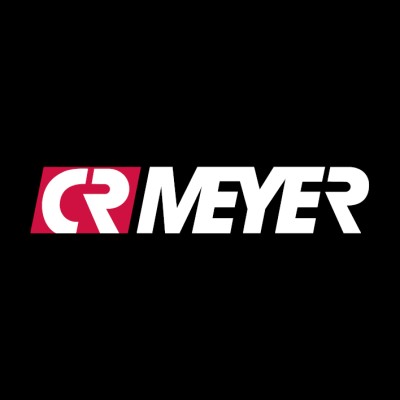
Structural Engineer
CR Meyer
Chester, PA
2 days ago
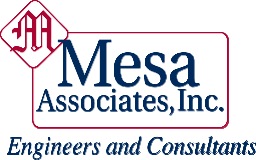
Structural Engineer
Mesa Associates, Inc.
$93000 - $140000
Pomona, CA
3 days ago
Structural Engineer
Midwest Engineering LLC
Sioux Falls, SD
3 days ago

Structural Engineer
Vanator
$85000 - $120000
Tulsa, OK
3 days ago
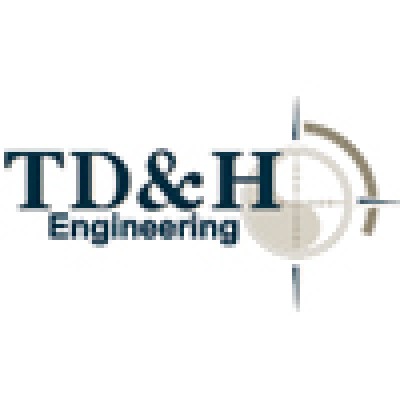
Structural Engineer
TD&H Engineering
Great Falls, MT
4 days ago

Structural Engineer
Thomas & Hutton
Mount Pleasant, SC
4 days ago
Structural Engineer
W G Yates & Sons Construction
Greenville, SC
4 days ago
Structural Engineer
Coughlin Porter Lundeen
$74000 - $86000
Seattle, WA
5 days ago
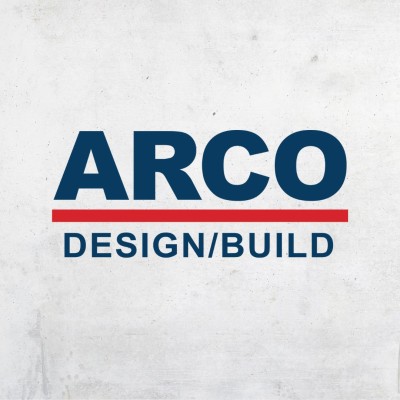
Structural Engineer
ARCO Design/Build
Atlanta, GA
8 days ago
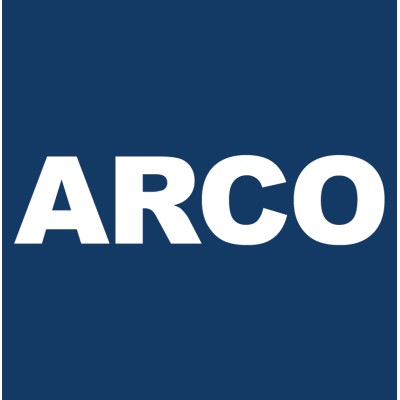
Structural Engineer
ARCO a Family of Construction Companies
Atlanta, GA
9 days ago
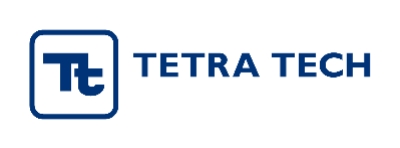
STRUCTURAL ENGINEER
Tetra Tech
$85000 - $95000
Ithaca, NY
10 days ago
DT
Structural Engineer
D&R Tank Company
Albuquerque, NM
10 days ago

Structural Engineer
Percheron, LLC
Katy, TX
10 days ago
Structural Engineer
Yates Construction
Greenville, SC
10 days ago

Structural Engineer
Alpha Structural, Inc.
Los Angeles, CA
11 days ago
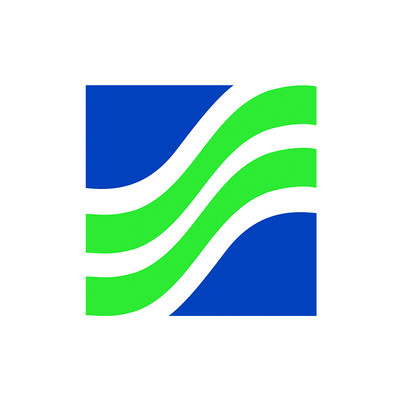
Structural Engineer
McCormick Taylor, Inc.
Harrisburg, PA
11 days ago
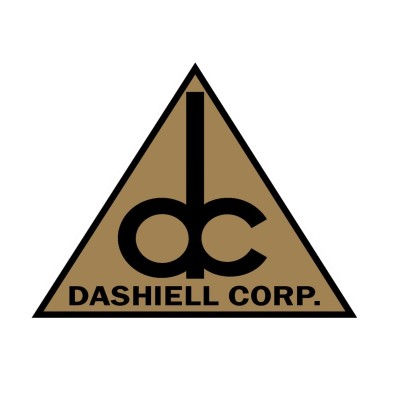
Structural Engineer
Dashiell Corporation
Houston, TX
11 days ago
Trending Jobs
Assistant General Manager, Navy Yard Electric Utility
$108000 - $108000
Philadelphia, Pennsylvania
11 days ago

Electrical Engineer
Dudley Staffing
$55 - $75
Canonsburg, Pennsylvania
3 months ago
Accounts Payable Clerk
$65000 - $65000
Dallas, Texas
13 days ago
DM
Apprentice Lineman
Delta Montrose Electric Association
Montrose, CO
16 days ago

Attorney
Toeppich & Associates
Houston, Texas
about 1 year ago

contract landman
HPS Oil & Gas Properties
Lafayette, Louisiana
2 months ago
Apprentice Lineman I
San Patricio Electric Cooperative, Inc.
Sinton, TX
24 days ago

Oil and Gas Land and Title Analyst - SAM Associate II
Bank of America
Dallas, Texas
about 1 month ago
HM
Lineworker Apprentice I
Henderson Municipal Power & Light
Henderson, KY
20 days ago
Associate Attorney
Buffalo Biodiesel Inc.
Buffalo, NY
23 days ago

Senior Landman
Greenlake Energy
Austin, Texas
about 1 month ago
GU
Natural Gas Utility Laborer
GMC Underground
$33280 - $47840
Mobile, AL
about 1 month ago
JOURNEYMAN LINEMAN - WOODLAND PARK
CORE Electric Cooperative
Woodland Park, CO
28 days ago
Apprentice Lineman
Southern Pine Electric
Brandon, MS
17 days ago
Contracts Administrator
Third Coast
$70000 - $85000
Houston, Texas
16 days ago

Electrical Designer
Dudley Staffing
$45 - $60
Canonsburg, Pennsylvania
3 months ago

Residential Helper
Waste Pro
Columbus, MS
20 days ago

Operator Assistant Trainee - Frac Acid
Halliburton
Zanesville, OH
20 days ago
PS
Screen Printing Operator
Providence screen printing
$39520 - $41600
East Providence, RI
11 days ago
Tank Wagon Driver - CDL B
Rhinehart Oil
$66560 - $66560
Rifle, CO
about 1 month ago